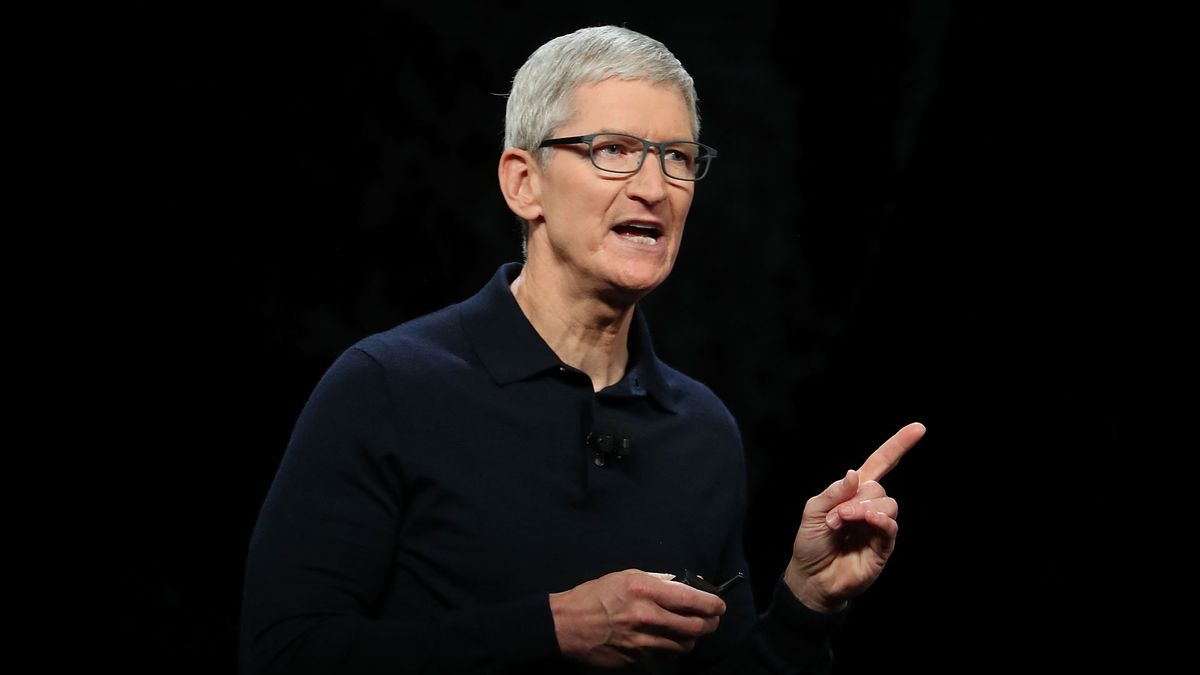
The EU wants Apple to open iOS to competitors and this is the mother of all bad ideas
- 19.03.2025 20:17
- techradar.com
- Keywords: Apple, EU
The EU is demanding Apple open its iOS ecosystem to competitors, including access to features like AirDrop, which Apple argues would harm innovation and strip it of its competitive edge. Critics warn this move could undermine Apple's unique ecosystem and benefit rival companies unfairly.